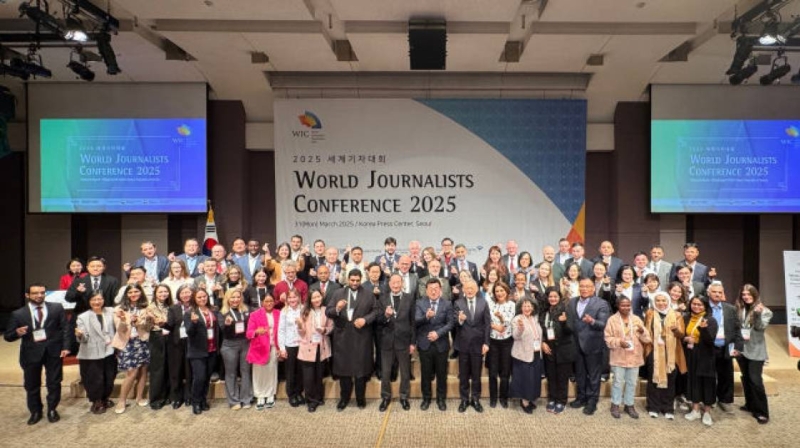Rules to curb UK MPs’ expenses
Rules to curb UK MPs’ expenses
Published: 05:22 am Nov 05, 2009
LONDON: British lawmakers will be banned from claiming for home loan repayments and employing family members under new rules unveiled today after an expenses scandal which has rocked parliament. A standards watchdog proposed overhauling the system after a newspaper published weeks of damaging revelations that MPs had claimed thousands of pounds for everything from a duck house to cleaning the moat at a country home. The chairman of the Committee on Standards in Public Life which drew up the proposals, Christopher Kelly, said they were “fair and reasonable” and would bring Westminster into line with legislatures in other countries. “It will provide much stronger safeguards for the taxpayer against the abuses of the past,” he told journalists. The key change is that lawmakers will no longer be able to claim for mortgage interest payments. Only rent or hotel costs should be reimbursed. “What has upset many people is acquiring a private asset at public cost,” Kelly said. MPs who live with a “reasonable” commuting distance of the Houses of Parliament will no longer be allowed to claim for a second home. Claims for cleaning, gardening and furniture, which produced some of the most headline-grabbing revelations in the leaked receipts published by the Daily Telegraph, will be banned. Those MPs employing family members — many employ wives or husbands as their assistants from public funds — will be allowed to continue doing so for the life of one further parliament, but then the practice will stop. The report also stipulates that MPs will no longer get lucrative payments if they choose to stand down at an election. However, it will not apply to those who are not seeking re-election at next year’s general election — a controversial decision because many have been guilty of abusing the expenses’ system. Some MPs have complained that the expenses revelations left them open to public condemnation when all they were doing was claiming what they were entitled to under the old rules.





